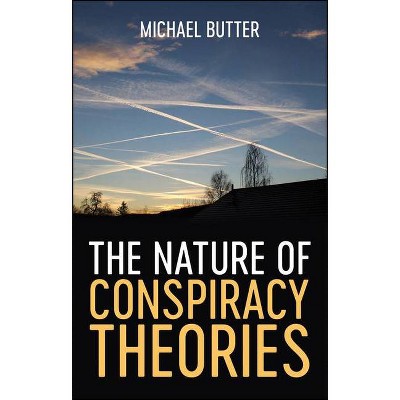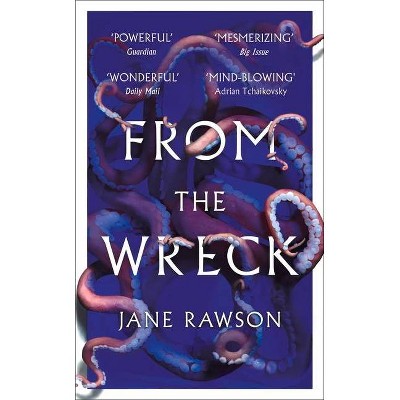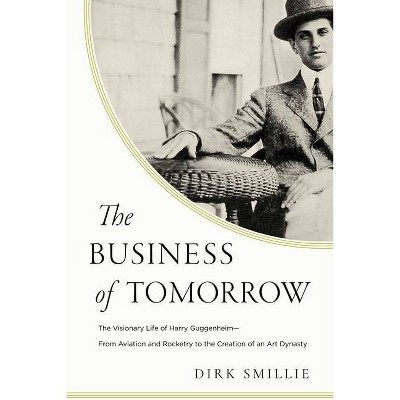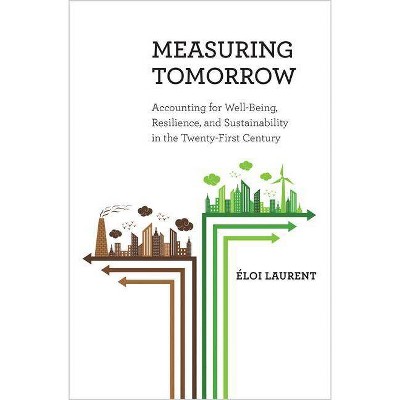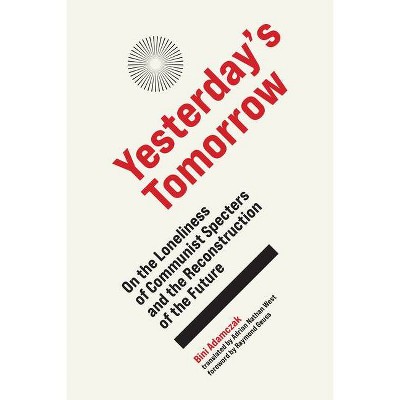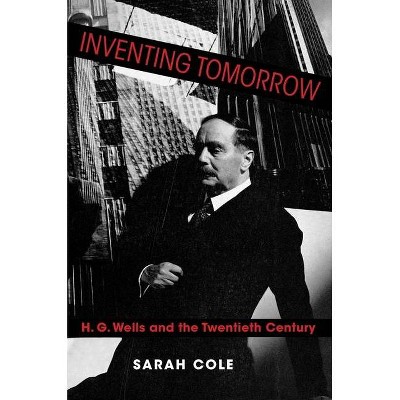The Nature of Tomorrow - by Michael Rawson (Hardcover)
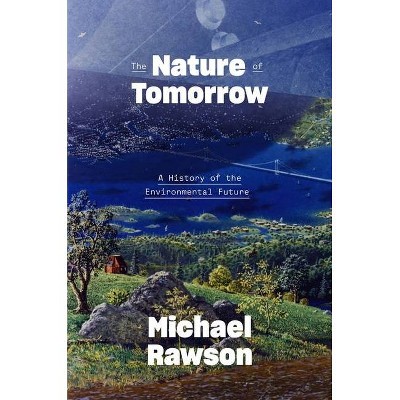
Similar Products
Products of same category from the store
AllProduct info
<p/><br></br><p><b> About the Book </b></p></br></br>An examination of how Western visions of endless future growth have contributed to the global environmental crisis. For centuries, the West has produced stories about the future in which humans use advanced science and technology to transform the earth. Michael Rawson uses a wide range of works that include Francis Bacon's New Atlantis, the science fiction novels of Jules Verne, and even the speculations of think tanks like the RAND Corporation to reveal the environmental paradox at the heart of these narratives: the single-minded expectation of unlimited growth on a finite planet. Rawson shows how these stories, which have long pervaded Western dreams about the future, have helped to enable an unprecedentedly abundant and technology-driven lifestyle for some while bringing the threat of environmental disaster to all. Adapting to ecological realities, he argues, hinges on the ability to create new visions of tomorrow that decouple growth from the idea of progress.--<p/><br></br><p><b> Book Synopsis </b></p></br></br><b>An examination of how Western visions of endless future growth have contributed to the global environmental crisis</b> <p/><b>"This book does something that is worth doing and that no other scholarly book I know of comes close to doing: tracing the history of imagined environmental futures in the Western world."--William Meyer, Colgate University</b> <p/> For centuries, the West has produced stories about the future in which humans use advanced science and technology to transform the earth. Michael Rawson uses a wide range of works that include Francis Bacon's <i>New Atlantis</i>, the science fiction novels of Jules Verne, and even the speculations of think tanks like the RAND Corporation to reveal the environmental paradox at the heart of these narratives: the single-minded expectation of unlimited growth on a finite planet. <p/> Rawson shows how these stories, which have long pervaded Western dreams about the future, have helped to enable an unprecedentedly abundant and technology-driven lifestyle for some while bringing the threat of environmental disaster to all. Adapting to ecological realities, he argues, hinges on the ability to create new visions of tomorrow that decouple growth from the idea of progress.<p/><br></br><p><b> Review Quotes </b></p></br></br><br>"Rawson illustrates brilliantly how discussions of climate change are wedded to past visions of unlimited growth in which scarcity (peak soil, peak population, peak coal, peak oil) would be only a temporary obstacle to overcome."--Kate Brown, Massachusetts Institute of Technology <p/>"This book does something that is worth doing and that no other scholarly book I know of comes close to doing: tracing the history of imagined environmental futures in the Western world."--William Meyer, Colgate University <p/><br><p/><br></br><p><b> About the Author </b></p></br></br><b>Michael Rawson</b> is professor of history at Brooklyn College and the Graduate Center, City University of New York. He is the author of <i>Eden on the Charles: The Making of Boston, </i> which was the recipient of numerous awards and a finalist for the Pulitzer Prize
Price History
Price Archive shows prices from various stores, lets you see history and find the cheapest. There is no actual sale on the website. For all support, inquiry and suggestion messagescommunication@pricearchive.us
